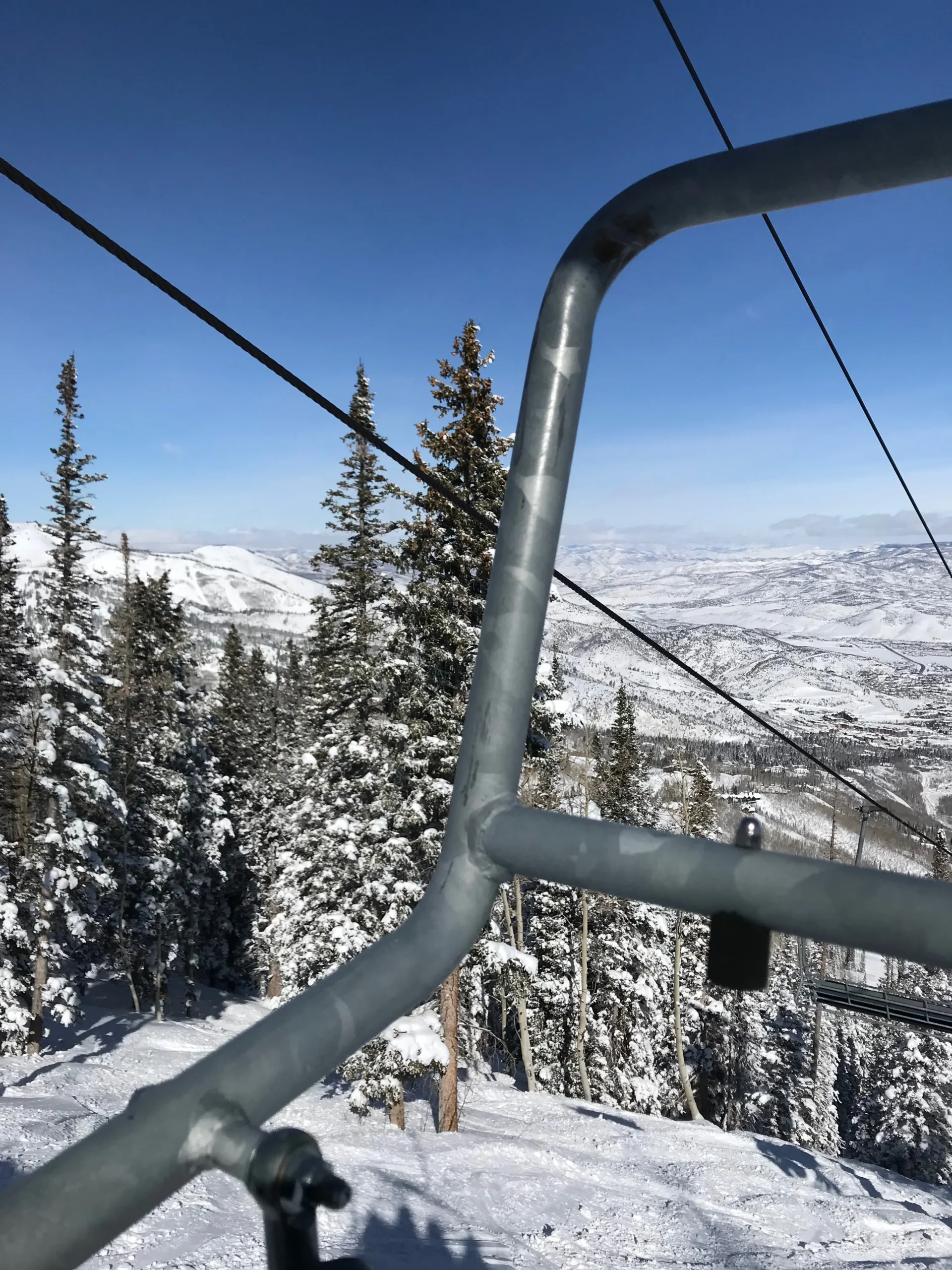Arctic Climbing, Net Zero Communities, We Got The Meats, and More!
Hey climate heroes! Welcome to The Climate Roundup, where we round up the change, er the news about climate and the environment. As part of the Gen E community, we thank you for making climate action part of everyday life. (Reading this newsletter counts!)
Sign up for The Climate Roundup weekly newsletter here
In Pop Culture:
🧗♂️ Fans of Free Solo, the thrilling documentary about professional rock climber Alex Honnold scaling Yosemite’s El Capitane with nothing but his own body and mind, might like to see him in action again, this time climbing glaciers in Greenland. Arctic Ascent with Alex Honnold is a 3-part series you can watch now on Hulu or Disney+. And in case you didn’t know, we’re big fans of Alex here at Gen E. He’s an admirable environmental philanthropist, as he’s given 30% of his income to environment orgs even when he was living in a van down by the river…on very little income. He also formed the Honnold Foundation to help bring clean and affordable solar energy to underserved communities. Here’s a good recent profile on all of it. Gen E members can support the Honnold Foundation in their app.
GETTING DOWN TO CLIMATE BUSINESS:
🏡 Net Zero Communities: There’s a new trend heating up in suburbs across the country – residential developments designed to be energy efficient and free of fossil fuels. Homes are outfitted with rooftop solar panels, heat pumps, triple-pane windows, and all electric appliances. Community gardens and fruit tree groves may also be part of the draw. And a bonus trend seems to be the residents getting into local climate action, as they become inspired by the benefits of living in cleaner, more efficient homes. Dive into the details of a net zero community in Colorado, where the average monthly electric bills are…wait for it…$8!
🤬 Deniers Gonna Deny: If you can tolerate reading material that gets your blood boiling (I mostly avoid it), Bloomberg provides a look at world leaders and political parties using climate denying rhetoric to manipulate and scare people about the necessary changes needed to mitigate a climate-ravaged world. They pray on the common human trait of a fear of change. An extreme example manifesting this fear of change is Germany’s far-right party promising to ‘tear down wind farms’. The article analyzes potential impacts to climate progress and the policies at risk of being undone if climate deniers win upcoming elections. The good news is that these evil forces cannot stop the global transition to clean energy, as private businesses and local governments will continue to push forward. The bad news is they can drastically slow down emissions reductions and allow polluters across all industries to keep trashing the planet, which of course hurts everyone in the end.
🍫 Deforestation-Free Supply Chains: A new EU regulation aims to cut out deforestation linked to many categories of consumer goods, like chocolate, coffee, beauty products, leather goods, and furniture – things that are born from razing natural forests and using the land for other purposes. “Starting Dec. 30, the European Union will require companies such as Cargill Inc., Ferrero Group, Nestle SA and Mars Inc. to prove that every bean they import to the continent didn’t contribute to deforestation somewhere else…Every shipment — in bags or in bulk — will have to list the GPS coordinates of the farms where the cocoa was grown”. While this sounds great, the cocoa bean supply chain for example, is complex while also being low-tech, making it extremely difficult to trace beans back to their source. Still, it’s time that changed, and kudos to the EU for prioritizing a crackdown on deforestation.
🐄 Green Meats, Not A Thing: Speaking of deforestation, a major culprit is the Brazilian beef industry. Last week, New York State sued Brazilian company JBS, the world’s largest meatpacker, for greenwashing. That’s right, we are now seeing the legal side of getting called out for lying to the public about environmental claims. Among other things, JBS claims they’ll “reach net zero emissions by 2040”, yet they don’t have a plan to do so, and that “Agriculture can be part of the climate solution. Bacon, chicken wings, and steak with net zero emissions. It’s possible.” No, it’s actually not. Not as long as forests are cut down for cattle grazing, and the 1.5B cows that are raised for meat production continue to burp and fart methane. In fact, 40% of global methane emissions come from livestock. Very much the opposite of net zero. See you in court, meatpackers!
307: POACHERS KILLED THIS MANY ENDANGERED RHINOS IN ONE SOUTH AFRICAN NATURE RESERVE LAST YEAR TO SELL THEIR HORNS TO CHINA FOR POTIONS (BLOOMBERG)
30%: HUMAN-CAUSED GLOBAL EMISSIONS THAT COME FROM OUR FOOD SYSTEMS (NATURE FOOD)
Maybe, Sometimes, On Occasion, Hold The Beef
🍔 Sticking to the topic of beef, let’s touch on the diet perspective. At this point, it may be nothing new to hear that beef outkicks its coverage in terms of its negative impact on the environment. As mentioned above it’s a big driver of deforestation and methane emissions. The environmental impact of beef continues to be well-researched, and it’s also politicized – the government is coming to take away your hamburgers and all that. At its baseline, learning about the climate and other environmental impacts of food is informational – it’s not a bad thing to simply know about where things come from and how they’re made. When it comes to the foods we eat, one study found that eating beef for one meal doubles a person’s diet-related ‘carbon footprint’ that day. Quick PSA on this: we don’t advocate for tracking personal ‘carbon footprints’ here at Gen E. The personal ‘carbon footprint’ is a concept created and promoted by the oil industry (BP to be exact) to put the carbon burden on individuals, instead of on corporations. We won’t buy into that nonsense. Not to mention, the idea of tracking the emissions of all your lifestyle choices is onerous and a waste of our precious time. That said, individual choices do matter, and change happens by individual choices amassing into a trend that influences decision-makers. So if you’re looking at a menu and you’re feeling on the fence about what to eat, maybe skip the beef here and there in the spirit of doing the planet a solid that day. Because you know the story behind how it gets from deforest to plate. Personally, I love a great burger, and I enjoy the activity of seeking the best ones out. And so…I don’t always eat beef, but when I do, I prefer the best (bonus if the restaurant sources from a lesser impact ranch). My advice: stay discerning and informed, my friends.
Dig into more food choice emissions comparisons here.



